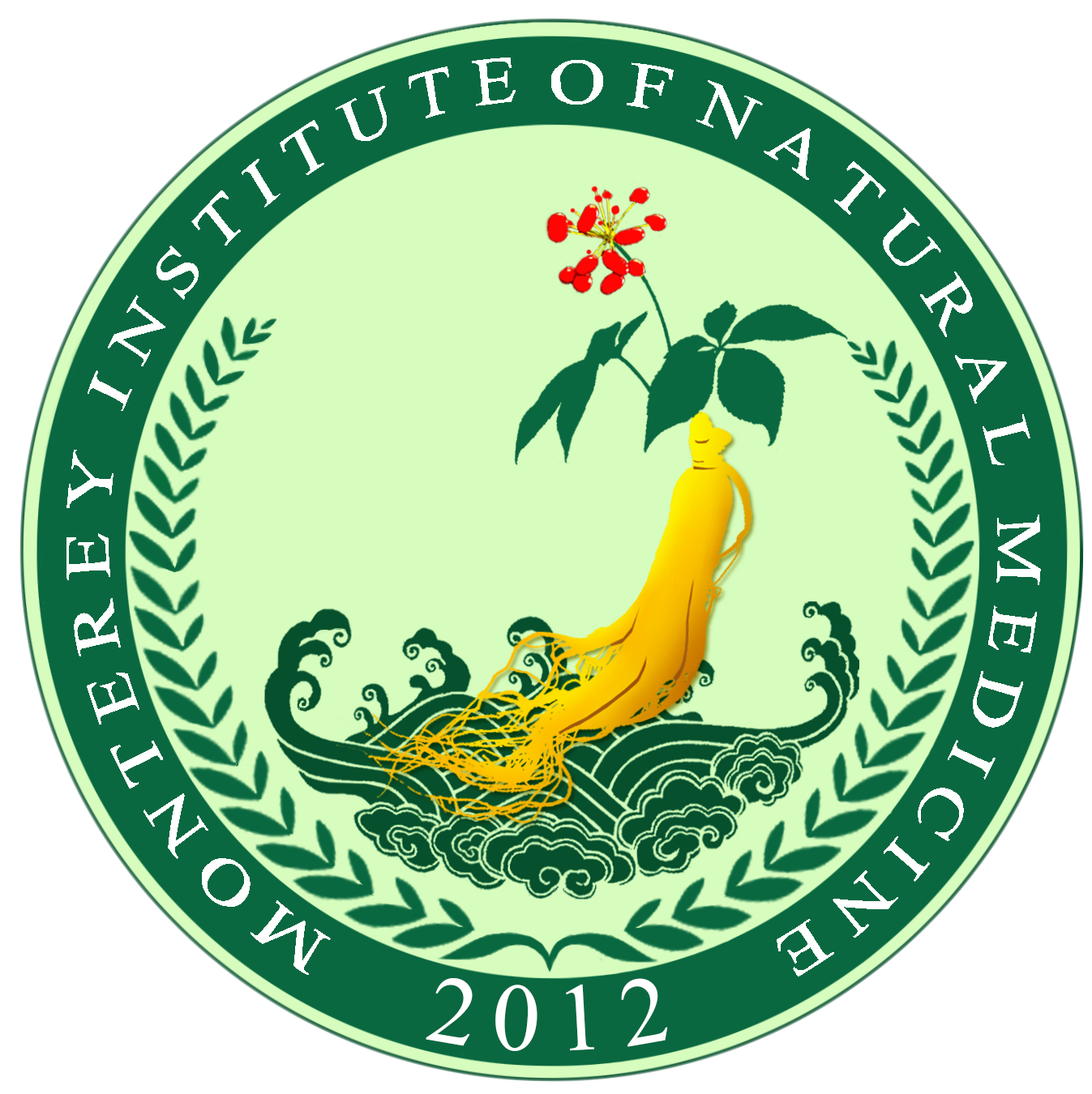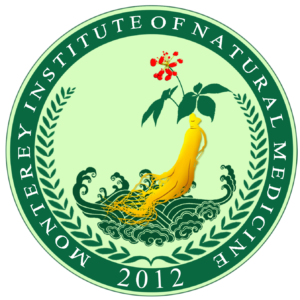Frequently Asked Questions
* Content on this website is intended for general information only. For answers to your specific
questions please schedule an appointment
Traditional Chinese Medicine is focused on the balance of the yin-yang of the Mind-body as a whole person, as well as on maintaining and improving health. It includes Herbal medicine, Acupuncture, Tuina, Cupping, Medical Qigong, Taiji, and Nutrition. It may treat acute and chronic diseases by addressing the underlying causes as well as the symptoms. The earliest record shows that Traditional Chinese Medicine has been practiced for 2,500 years in China. It is the oldest and longest-standing healthcare system in human history.
5,000 years ago, Chinese ancestors accumulated medical knowledge from the nature-based Yin-Yang Theory called the “Law of the Universe”. They discovered, developed, and learned Astrology which contains two main components which are: The Cycle Time of Nature (天文历法), and The Orbiting of Five Elements with Six Flowing-Qi(五运六气). There are 365 days in a year which has 4-season, 24-solstices, 12 months, 7 days a week, 24 hours each day, and so on. Following The Cycle Time, along with the flowing of life force Qi(气) it brings growth and decline. It may be smooth or be distracted or determinate, therefore it gives well-being, disease, or end of life. In this view, the philosophy of Traditional Chinese Medicine emphasizes maintaining the harmony of Nature & Man as a whole, infinitely(太极)。
It is inserting extremely thin sterilized surgical, single-used disposable needles that are FDA approved through the skin along one’s meridians at strategic points.
It is a technique that stimulates the points on the body with acupuncture needles to raise the flow of Qi, and therefore rebalancing the Yin-Yang that brings the harmony of the Mind-body. It has been approved clinically and can treat many conditions that include people who want to maintain wellbeing in general, or have pain conditions, especially those who have tried medications or surgeries that did not work well, acupuncture may be the right health care choice. Acupuncture treatment has been a form of primary care for years, and most insurance plans cover it. Additionally, you do not need a referral for acupuncture treatment, but talking to your healthcare provider before seeking new treatments is always recommended.
No. You may feel a little tingling or bubbling or tension in the needled point along the meridian.
Yes. When performed by a licensed acupuncturist, acupuncture is extremely safe.
They are herbs and very few specific animal products which are collected, crafted, and formulated for treating all kinds of disease. It includes 262 classic formulas from 1800 years ago. During the COVID19 pandemic in China, Chinese TCM providers formed some new formulas based on the class formulas that support fighting COVID19 virus successfully
The most common form of herbal medicines are decoction, or tea in which Herbs are cooked at a low boil for 20min-40min and strained for drinking. Herbal medicine also comes in other forms such as pills, liquid, powder and capsules. There are many patent formulas, remedies, and personalized herb prescriptions that focus on common conditions or individual’s diagnostic issues.
Tuina is a powerful medical massage based on the principles of Chinese medicine. “Tui” means pushing or stretching, “Na” means grabbing, pulling or acupressure. It is a gentle manipulating energy force with emphasis on the meridians, acupuncture points and trigger points to unlock the blockage of the meridians, increase the smooth flow of Qi and blood, therefore helping to restore the harmony of Mind-body in a pleasant way. Tui Na is especially effective for conditions such as anxiety/depression, and any pain condition or sports injuries. That is the reason Kung Fu masters are often great Tuina experts in China.
Your one-hour medical qigong session begins with a brief interview about your health condition and intention for coming.
A Medical Qigong treatment lasts about 25-35 minutes that includes an energetic assessment as well as a pulse and tongue diagnosis. Using energetic perception and listening skills, a Medical Qigong practitioner senses disturbances or areas of weakness in the body, all of which provide information about your energetic state. Using various energetic techniques, the practitioner purges areas of excess or stagnation, strengthens areas of weakness and deficiency, and completes the session by regulating your energetic matrix. In a sense, the practitioner does qigong for you, initiating patterns of health and wellbeing that you can continue to nurture with qigong exercises that may be prescribed specific to your condition.
Medical qigong addresses the body, mind, and spirit, and therefore can be used for a wide variety of conditions. Qigong works well as a stand-alone modality or in conjunction with Eastern and Western medical practice.
Your first visit will begin with your TCM practitioner taking a detailed health history. Traditional Chinese medicine follows a more holistic approach to patient care so you may be asked questions about your sleep habits, ability to tolerate heat or cold, dietary habits, etc.. In many cases it is helpful when patients can bring the results of any recent lab tests, diagnoses, or imaging studies. These may help us in treating your condition most appropriately or in establishing treatment goals for your care.
After reviewing your health history, the practitioner will begin the process to diagnose your imbalance. The diagnostic process includes a tongue and pulse diagnosis, a technique common in traditional Chinese medicine.Using all the information obtained in your health history and during diagnosis, your TCM practitioner will identify the root cause of your symptoms. Depending on your condition, your practitioner will determine the best course of action; acupuncture, cupping, an herbal prescription, Tuina, qigong or another form of treatment. Your first visit will last about 75 minutes.
It depends on the patient’s conditions. Generally, from 6-12 treatments for the 1st cycle are needed for a result or a satisfied expectation.
The answer is yes & no. There are certain points which are forbidden to be needled to avoid any complication. On the other hand, there are certain points are can be needled for assisting pregnancy wellbeing, avoiding miscarriage, and supporting smooth labor. A well trained, experienced and a licensed acupuncturist who knows how to treat pregnancy conditions is recommended.
Yes. Most private insurance companies pay for all or some acupuncture visits. Medicare pays for Low back pain but is not allowed to be performed by a licensed acupuncturist but a physician( Hope the Law will change it soon.) The best way to find out is to contact your insurance agent or the provider’s office and ask if it’s covered and/or in network or out of network, and how much is the copay, deductible and out-of-package.
Google your area where the acupuncturists are near you.Before you go, call a few (at least 3) acupuncturist’s offices to find out what the specialty he/she is. Also make sure whether they take your insurance plan or how much is the charge without insurance. Then you are ready to go to see the one who satisfies your questions.
Acupuncture provides drug-free, noninvasive, and natural healing procedures. It is effective, affordable, and accessible. It may treats the underlying cause of disease/illness as well as the symptoms.
- Pain condition, that includes cancer patients who need pain management during the process of chemotherapy.
- Neurological dysfunction.
- Maintenance of wellbeing, prevention in general.
There are some specific conditions that TCM can treat:
- Eye, Ear, Nose, Throat Disorders such as sinusitis, hay fever,
- Blood & heart Disorders such as High Blood pressure, anemia, arteriosclerosis
- Digestive System Disorders such as food allergies, IBS, ulcers, hemorrhoids
- Gynecological/ Genitourinary Disorders such as PMS, Endometriosis, Fibroids, kidney stones, infertility in men and women
- Immune Disorders such as allergies, hepatitis, HIV and AIDS, Lupus, MS
- Addiction – drug, smoking, alcohol
- Emotional and Psychological Disorders – anxiety, depression, insomnia, stress
- Skin Conditions – Herpes zoster, psoriasis, dermatitis, eczema
- Respiratory Disorders – Asthma, COPD, emphysema, common cold
- Musculoskeletal & Neurological – Parkinson’s Disease, neuralgia, arthritis, sciatica, sports injury
Have other questions?
Just give us a call: (301)835-4551, (240-810-4262) or email at info@mionm.org.

